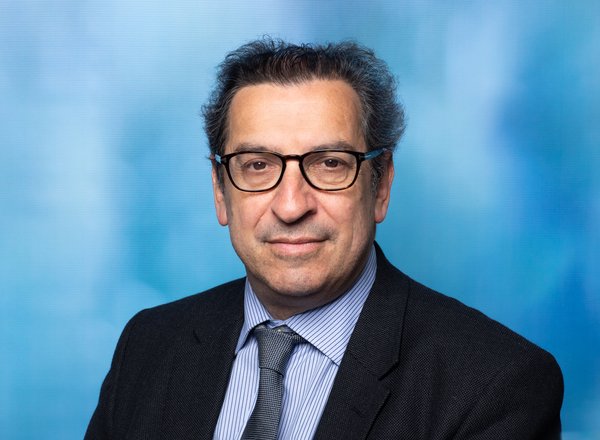The Court of Appeal has held that the English Court has jurisdiction over this major piece of Commercial Court litigation involving a dispute between the shareholders of one of the world’s largest private construction and infrastructure companies.
Disagreeing with the Judge below ([2014] EWHC 3233 (Comm)), the Court unanimously held that the Claimant’s claim in respect of an alleged wrongful conspiracy to deprive her of rights in relation to the company raises serious issues to be tried. The Court of Appeal also rejected the Defendants’ arguments that the Claimant’s claims had to be arbitrated and fell outside the material scope of the Brussels I Regulation.
Of wider
interest to practitioners, the Court’s judgment contains important guidance
regarding two important points of principle under the Brussels I Regulation.
The first concerns the correct approach in relation to claims which arise in
the context of “succession” and the exclusion of such matters from the material
scope of the Brussels I Regulation. The second concerns the correct approach to
the “anchor defendant” rule under Article 6(1) of the Regulation, the Court
concluding by a majority (Patten and Beatson LJJ; Gloster V-P dissenting) that
to rely on the rule, it is necessary for a Claimant to show that the claim
against the “anchor defendant” raises serious issues to be tried.
Tony Peto QC and Peter Head (instructed by Mishcon de Reya) acted for the Claimant on appeal.
Andrew Hunter QC and Andrew Scott (instructed by Jones Day) acted for the First Defendant at first instance and on appeal.

















